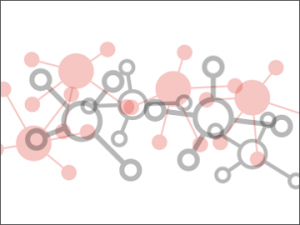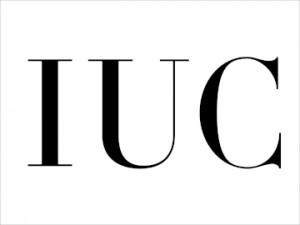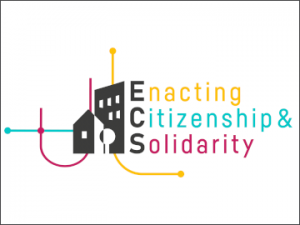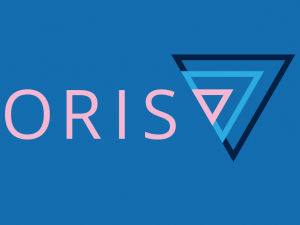Call For Papers: Gender Differentiation in Media Industries

International Conference, The Peace Institute and Faculty of Social Sciences, University of Ljubljana
Ljubljana, June 14-15, 2018
Call for Papers – Extended deadline and confirmed keynote speakers
In the last thirty years feminist media scholarship has analysed media systems as environments reproducing patriarchal structures that work against gender equality in the media. Results of research at the national and global scales have reported similar results: women are less likely to work in top managerial positions in the media, on the average women journalists are paid less than male, larger numbers of women are engaged in precarious jobs than their male counterparts. Similarly persistent are inequalities in media representation where portraying women is often rife with stereotypes and pursuant of imaginings of women’s domesticity. In addition, studies have shown how audiences have been constructed on perceptions that idealize women’s roles in the private sphere, reproducing women as consumers. Feminist media studies have long been based on the idea that women’s interests in the media are different that those of males. Consequently, research has demonstrated that women, when in leadership positions, can reform predominately masculine conventions or, in journalistic work, produce “different” news. Recently some scholars have been critical towards such “optimism” arguing that it contributes to naturalization of stereotypical gender roles, and have shown that women can work to reproduce the masculine newsroom culture same as males do.
This conference is interested to explore various dimensions of gender differentiation in contemporary media industry as they are reproduced at the level of media production, representation and consumption. The aim is in shifting the focus from researching relative underrepresentation of women in the media to analyse structures and practices of engendered media systems ˗ a shift from what to why. As a corpus of existing literature addressing gender in media at the “European periphery” is thinner if compared to studies elsewhere, we particularly welcome contributions addressing situations in Central-Eastern-South European countries (but not exclusively). We specifically target studies addressing gender in television and online media (but are not limited to these).
In particular, we are interested in contributions addressing:
- Feminization of media work,
- Media work environments and gender roles,
- Media policy from a gender perspective,
- Epistemologies addressing gender and media (political economy of communication, cultural studies, feminist analysis etc.),
- Attempts at reconciliation between “material” and “cultural” analysis,
- Gender representation in media texts,
- Intersectionality approach and masculinity studies in media system analysis,
- Gender differences in imagining audiences,
- Gender and media consumption.
We are interested in all of the above, and wish for the conference to cover various topics. We also hope to attract a diverse range of participants, from a variety of countries and backgrounds.
There is no fee for attending and participating at the conference. The conference language is English.
Proposals for papers should include author’s/authors’ name, institutional affiliation, email address, together with a paper title, abstract of 300 words and a short biographical information. See below how to prepare an abstract for this conference.
Proposals should be sent by February 5 to mojca.frelih@mirovni-institut.si and mojca.pajnik@mirovni-institut.si
Notification of acceptance by March 2
Full papers to be sent by May 11
We plan to look for possibilities to publish papers, presented at the conference.
CONFIRMED KEYNOTE SPEAKERS
Mark Deuze, Professor of Media Studies, Faculty of Humanities, University of Amsterdam. He is the author of Media Work (2007, Polity) and co-editor of Making Media (2018, AUP) and Managing Media Work (2011, Sage).
Claudia Padovani, Senior Lecturer in Political Science, University of Padova. Her recent publication includes Gender Equality and the Media: A Challenge for Europe (2017, Routledge, co-edited with K. Ross) See: https://www.youtube.com/watch?v=SqgTOI2viRw
Joke Hermes, Professor of Media, Culture and Citizenship, Inholland University. Among her recent publications is a co-edited special issue on passion, labour and media in European Journal of Cultural Studies (2016).
ORGANIZING COMMITTEE
Mojca Pajnik, Research Advisor at the Peace Institute and Associate Professor at the Faculty of Social Sciences, University of Ljubljana
Dejan Jontes, Assistant Professor at the Faculty of Social Sciences, University of Ljubljana
Maruša Pušnik, Associate Professor at the Faculty of Social Sciences, University of Ljubljana
Mojca Frelih, MSc, Researcher at the Peace Institute
This conference is organized as part of the research project Gender Differentiation in Media Industry funded by the Slovenian Research Agency.
Intermediary result of the project have recently been published in the journal Teorija in praksa, vol. 54, no. 3-4, English abstracts (pp. 702-704) available here.




